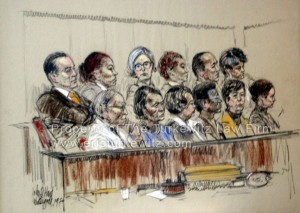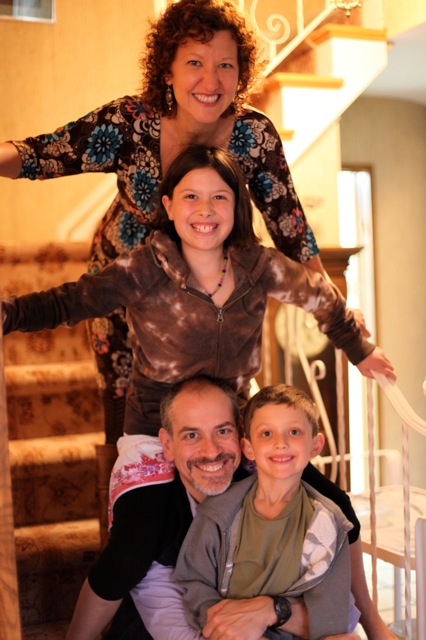 It is rare for me to discuss a local accident. But I do so today regarding the tree limb that fell over the weekend killing a 6 month old girl in Central Park that also critically injured her mother. She was holding the baby and posing for a picture being taken by the father on a clear summer’s day. It is, essentially, a trauma that could have happened to anyone.
It is rare for me to discuss a local accident. But I do so today regarding the tree limb that fell over the weekend killing a 6 month old girl in Central Park that also critically injured her mother. She was holding the baby and posing for a picture being taken by the father on a clear summer’s day. It is, essentially, a trauma that could have happened to anyone.
And I write because WABC-TV called me to discuss the liability issues on the air, and it raised a number of concepts that local television isn’t really equipped to handle in soundbite format. And the last two of those issues are things that the Legislature should address:
First — A Duty to Inspect: The tree was inside the Central Park Zoo, run by the Wildlife Conservation Society that also runs the Bronx Zoo. But the limb was overhanging an area just outside the zoo where it came down. Who’s responsible? The answer is that the owner of the tree has a duty to inspect and maintain that tree. And the landowner over which that limb hangs, and under which its patrons walk, also has that duty. And given that this is not an obscure part of the woods but one of the most heavily trafficked spots in Central Park, that duty is rather substantial.
Second — Contractual Obligations: Based on news reports, the Central Park Conservancy has a contract with the Parks Department to do inspections. This would be a contractual obligation that could likewise make them a defendant if a suit were brought.
Third — Notice of a Troubled Tree Limb: The issue of notice is critical, meaning that the zoo/park would be responsible only if they knew, or should have known, that there was a problem with the tree limb. This is similar in concept to the banana peel on the supermarket floor. Just because someone slips on it doesn’t make the store responsible. The store needs to have known it was there (an employee saw it or customer told them) or it was so blackened and old that it is clear the store should have known about it with reasonable care. Those same concepts apply to the tree limb, and much will be made in the investigations about the adequacy and reasonableness of the inspections that took place (if they took place).
Fourth — The Rush To Find a Lawyer: This veers off now away from responsibility to the sad fall-out of tort “reform.” If a municipality is going to be sued, then local laws require people to file a Notice of Claim within 90 days of an incident so that the municipality can investigate. That means that while the husband/father is grieving and trying to help his stricken wife, he has to go looking for lawyers and meeting them. That is terribly unfortunate, but the sad result of attempts by our Legislature to limit actions by forcing excessively tight limitations periods on those that have been injured.
Fifth — The Demand for Damages: Not only must the father find a lawyer fast (and without a clear head he runs the risk of making a mistake in who he hires) but that lawyer must then make a demand for damages in that Notice of Claim. In other words, without even knowing what the future holds for his wife, there must be some number stuck in the Notice. This is a practice that has been mostly legislated out of existence, except for this one place in the Notice of Claim. But that number will bear no relation to reality. Since the extent of the injuries won’t be known at such an early stage, the lawyer must cover all contingencies and assume a worst case scenario. But this unrealistic number will then be broadcast in headlines far and wide by the media as if it actually has meaning. The Legislature should get rid of this provision, as it serves no useful purpose whatsoever other than for headline writers.
Sixth – Valuing the Life of a Child: In New York, unlike the vast majority of other states, a parent cannot sue for grief over the lost child. An action can only be brought for the pain and suffering of the child, or a wrongful death action for the financial loss. So if a child was knocked out at the time of a car accident, for example, and doesn’t physically suffer and dies afterward, the law deems the child’s life to have little value since there was little financial loss to be expected. The family is thus unable to hold accountable those that did the true damage. While some may feel odd about financial recoveries under such circumstances, it is really up to the people who suffered the loss to decide if they wish to donate money to charities, fund education, or embark on any other type of expense that they believe appropriate. The Legislature should bring our archaic wrongful death law into the modern era, and rid us of this insult to grieving families.



